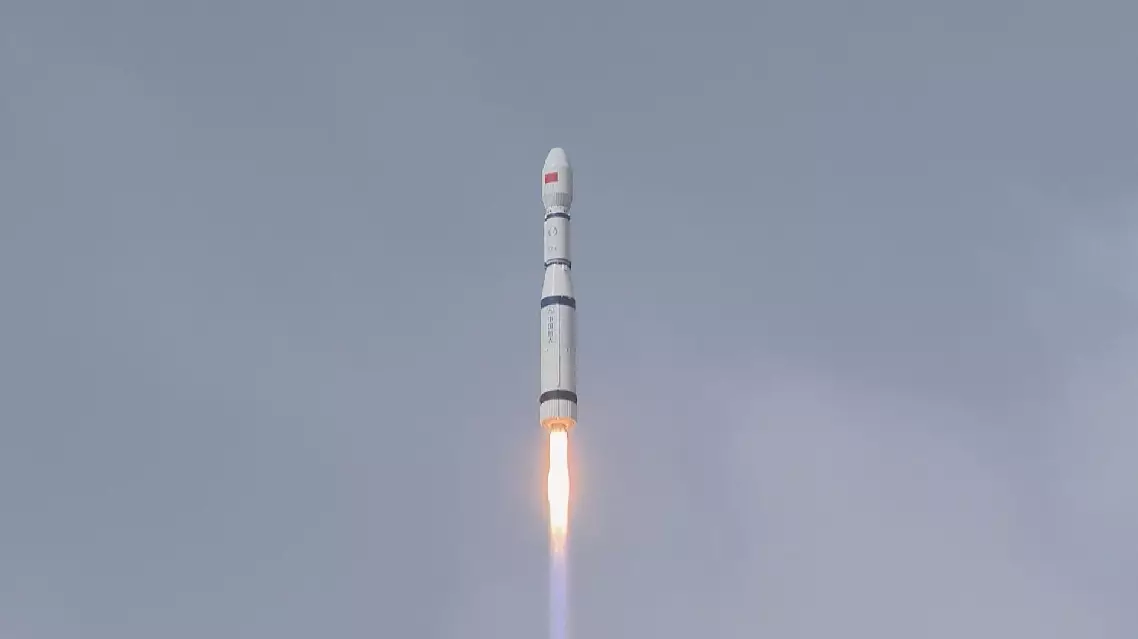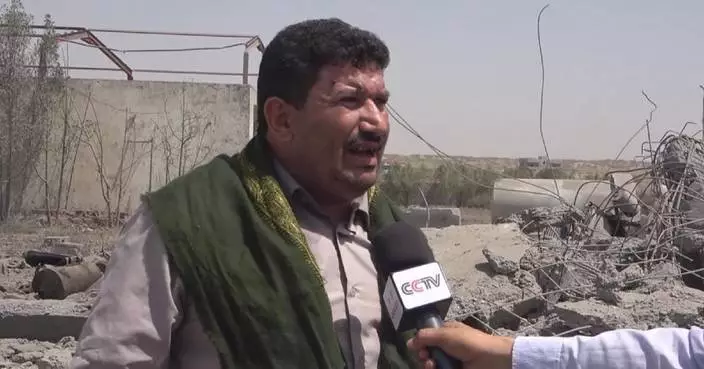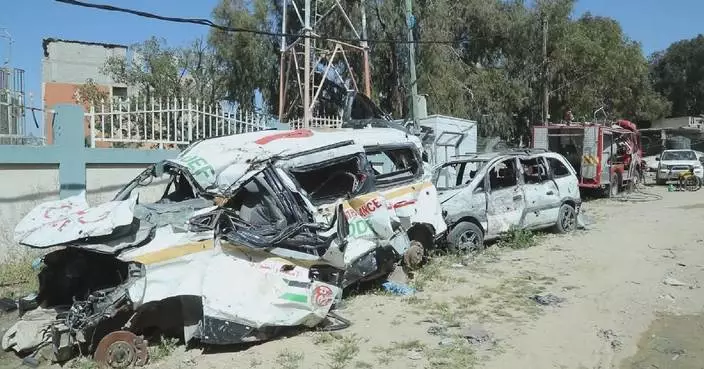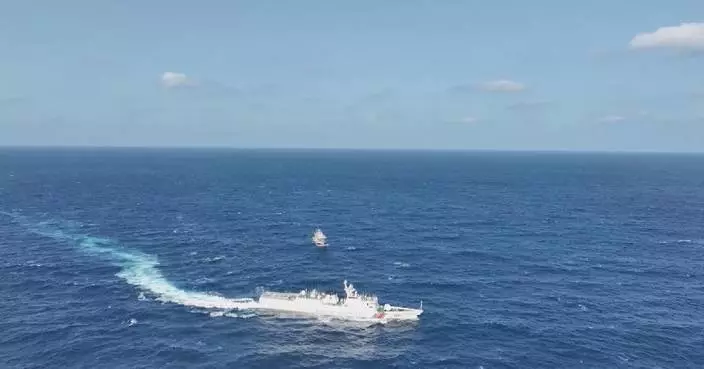China has discovered the world's first large, ultra-shallow gas field in ultra-deep waters southeast of south China's Hainan Province, according to report from the China National Offshore Oil Corporation (CNOOC) on Wednesday.
Due to its rare properties and large size, the discovery of Lingshui 36-1 gas field is a major breakthrough in the offshore oil and gas exploration theory, while filling a global technological gap in this field.
The Lingshui 36-1 gas field is located in the Qiongdongnan Basin southeast of the Hainan Island. Lying about 1,500 meters below the sea surface, the gas layer has an average burial depth of about 210 meters. It is a typical ultra-shallow gas reservoir in ultra-deep waters. So far, its original gas in place (OGIP) has been estimated at more than 100 billion cubic meters.
Shallow gas is widely distributed on the seafloor, but it is not easy to be enriched under the influence of external disturbance factors such as ocean currents due to its shallow burial depth. Therefore for a long time, it has been considered to have no value for exploitation.
"Facing the technological gaps in the offshore drilling industry, we have independently constructed a complete safe and efficient drilling and testing technology system for and ultra-shallow gas field in ultra-deep waters by focusing on key issues such as how to overcome the challenges of under ultra-deep waters and ultra-shallow layer, how to ensure the quality and quantity of drilling holes, and how to carry out safety tests," said Wu Yanhui, Lingshui 36-1 project manager of China National Offshore Oil Corporation Hainan Branch
The CNOOC is one of China's three biggest oil companies. It is estimated that the OGIP of the Yinggehai, Qiongdongnan and Zhujiangkou basins in the northern part of the South China Sea is more than one trillion cubic meters.

China discovers world's 1st large, ultra-shallow gas field in ultra-deep waters



















































